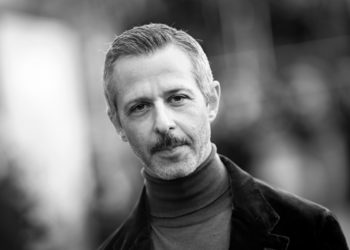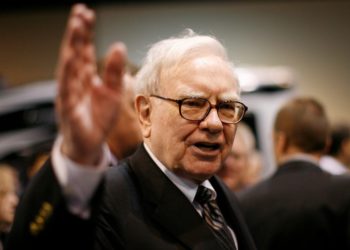Singaporean Prime Minister Lawrence Wong faces his first major test against a rejuvenated opposition during Saturday’s election in the tiny city-state.
The vote is a bellwether for the popularity of the People’s Action Party (PAP), which has ruled since before 1965 independence, but also of 52-year-old Wong’s leadership style in his first year in the role.
Although Saturday’s election is almost certain to return the PAP to power — the party has consistently won in landslides of about 90% of seats — its dominance is increasingly being challenged by a younger, more vocal electorate.
In the last election in 2020, the country’s largest opposition group, the Workers’ Party (WP), won 10 of the 93 seats at stake, a significant jump from its previously held four seats.
What’s at stake?
Singapore, like many Asian countries, faces the prospect of on its exports to the United States.
US President has imposed a 10% tariff on Singapore-made goods, currently paused for 90 days.
As a major Asian trade hub, Singapore would also be severely impacted by any downturn in global trade, in particular exports from China to the US, which often transit in the tiny city-state.
Wong’s government has warned of recession if Singapore becomes collateral damage in the worsening trade war.
Meanwhile, living costs and housing availability remain chief among voters’ concerns in one of the world’s most expensive cities.
WP candidates say the government has not done enough to tackle the cost of living crisis and that more opposition lawmakers are needed so that the PAP is not given a “blank cheque.”
The PAP says it’s spent billions of dollars to help citizens cope with rising costs, including via cash handouts and grocery vouchers.
What is the People’s Action Party (PAP)?
The People’s Action Party has won every election since the Asian financial hub separated from Malaysia in 1965. While the party steered the island to prosperity, it has also been accused of using an iron fist to suppress dissent.
Known for its clean and effective governance, the PAP saw its share of popular support slip to a near-record low of 61%, at the last election, down from nearly 70% in 2015.
The opposition has acknowledged it cannot unseat the PAP — the WP is fielding 26 candidates — but is appealing to voters for a stronger voice in Parliament for alternative voices, greater scrutiny and more robust debate.
A strong PAP performance would help seal Wong’s leadership and determine whether the one-party dominance in Singapore could endure over the next decade.
Who is Lawrence Wong?
Popular after leading Singapore’s COVID task force, Wong became the Asian financial hub’s fourth prime minister last year.
He took over at the end of the two-decade premiership of Lee Hsien Loong, the son of former leader Lee Kuan Yew, the founder of modern Singapore.
The now-dead older Lee built the former colonial backwater into one of the world’s richest nations during 31 years in office.
Wong has repeatedly said he needed a strong mandate to navigate Singapore through economic uncertainty.
“If the PAP has a weakened mandate, you can be sure there will be people tempted to push us around. It will be harder for us to advance Singapore’s interest. But with a clear mandate from you, my team and I can speak up for Singapore confidently,” Wong said while campaigning this week.
What do we know about the vote?
By noon almost half of 2.75 million eligible voters had cast their ballot at one of 1,240 polling stations.
They are voting to select 97 members of parliament.
Polls are due to close at 8 p.m. local time (1200 UTC/GMT), with a result expected in the early hours of Sunday.
Voting is compulsory in Singapore.
Edited by: Rana Taha
The post Singapore votes amid Trump tariff turmoil appeared first on Deutsche Welle.




